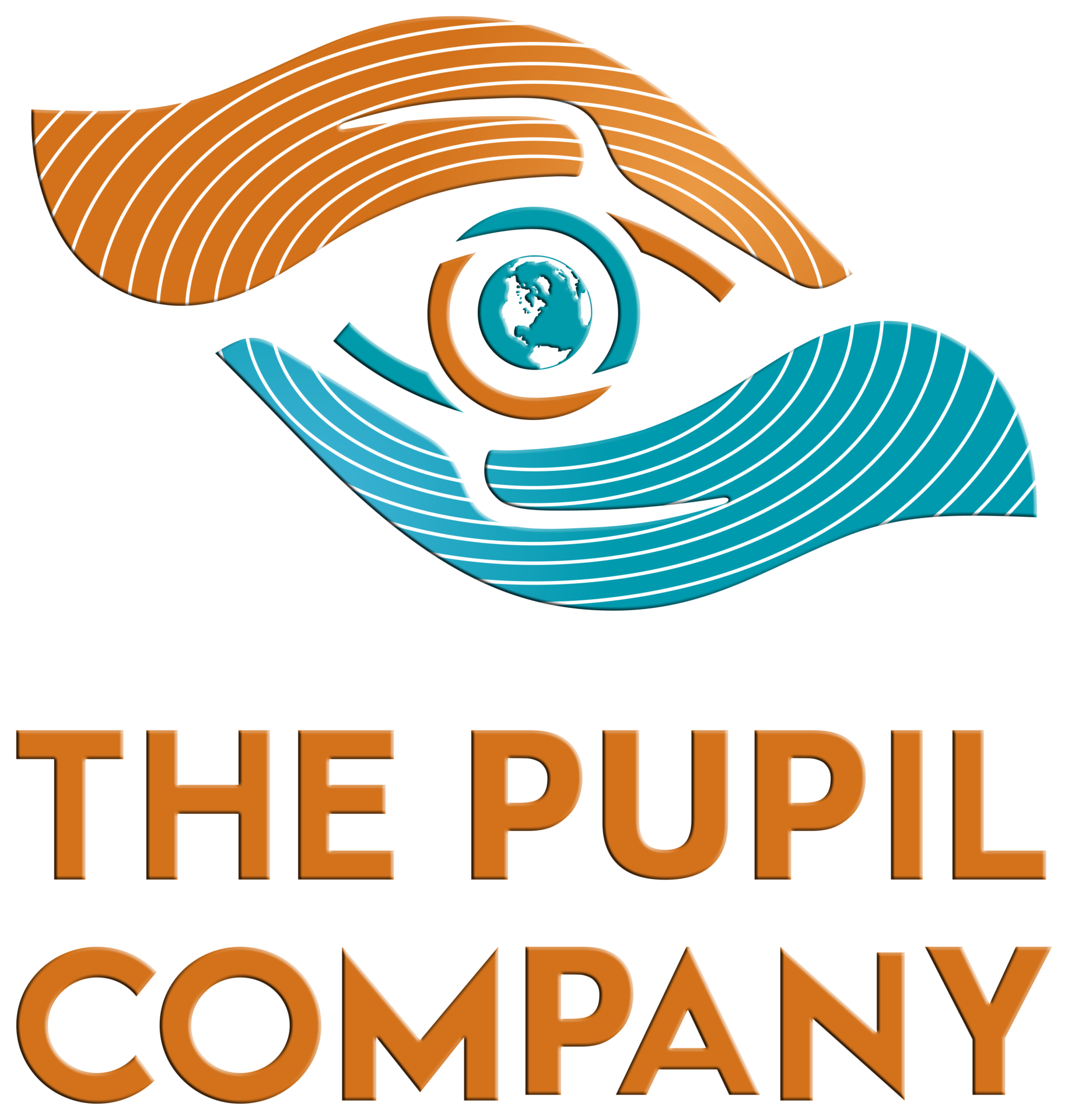Adult learning is like tending to a garden—you don’t just plant seeds and hope for the best; you nurture, adapt, and respond to the conditions around you. Corporate training isn’t about flooding learners with information but about creating a learning experience that respects their prior knowledge, experience, and autonomy. By applying adult learning principles, you transform training into a process that’s relevant, practical, and immediately applicable.
Adults learn differently than children because they bring their own experiences, perspectives, and motivations into the room. They don’t want to be spoon-fed information—they want to know why it matters and how it connects to their work. This is where relevance comes into play. The content of corporate training must directly relate to the challenges they face on the job. It’s like showing someone how to build a bridge rather than just explaining how bridges work. When training is clearly tied to real-world problems and solutions, adult learners are far more engaged because they see the immediate value.
Another core principle is the need for autonomy. Adults don’t like being told what to do, but they do appreciate guidance and choice. In corporate training, this means giving learners some control over their learning experience. Think of it as giving them a map instead of strict directions. When learners have the ability to explore topics in a way that fits their pace and learning style, they’re more likely to take ownership of the process. Offering flexibility—whether it’s through self-paced modules, choosing which topics to dive into, or providing opportunities for self-assessment—creates an environment where learners feel respected and empowered.
Finally, adults thrive when they can immediately apply what they’ve learned. Training that is too abstract or theoretical can feel like a waste of time, but when the content is practical, learners are quick to connect the dots. It’s like teaching someone to swim by having them jump into the water rather than just talking about swimming techniques. Corporate training should focus on scenarios, simulations, and hands-on activities that mirror the real challenges employees face. This active engagement helps learners retain and apply their new skills more effectively because they’ve practiced them in a safe, supportive setting.
For corporate trainers, applying these adult learning principles means shifting away from the traditional lecture-based format and toward an interactive, learner-driven experience. Start by ensuring your training is relevant—tie every lesson back to real-world applications. Give learners autonomy by allowing them to explore topics in ways that suit their needs and offer opportunities for hands-on practice. By respecting their experience and giving them the tools to solve problems on their own terms, you’ll create training that doesn’t just teach—it transforms.
